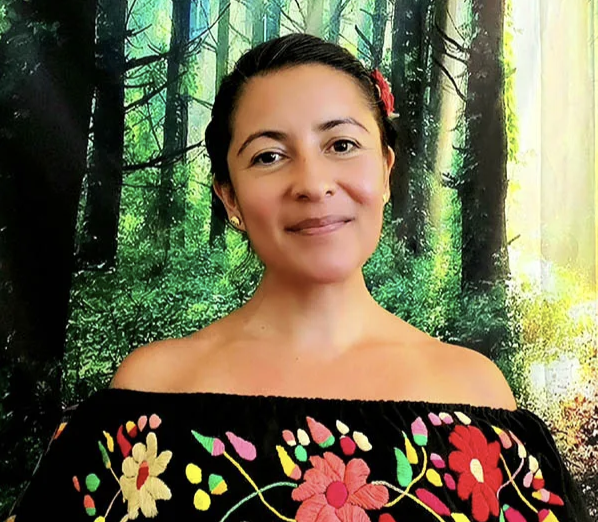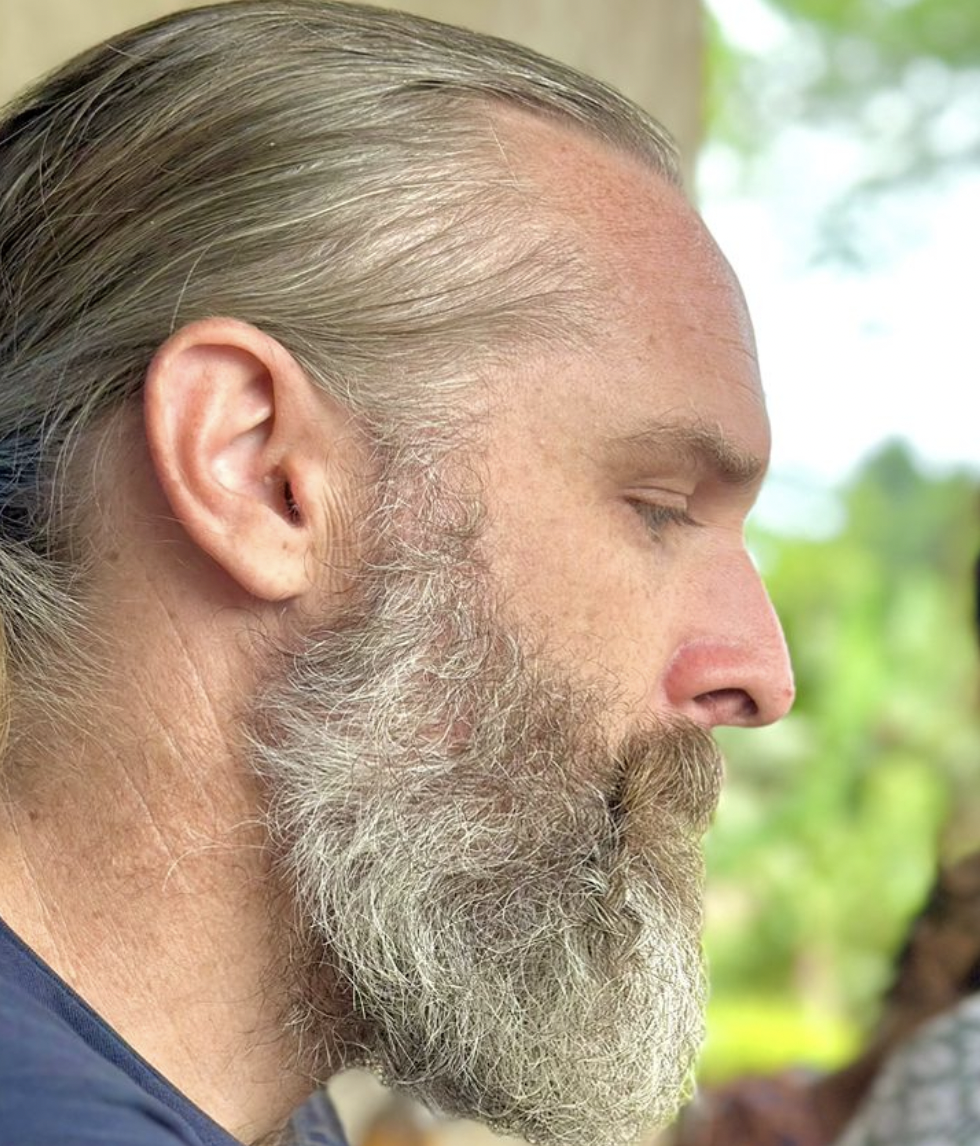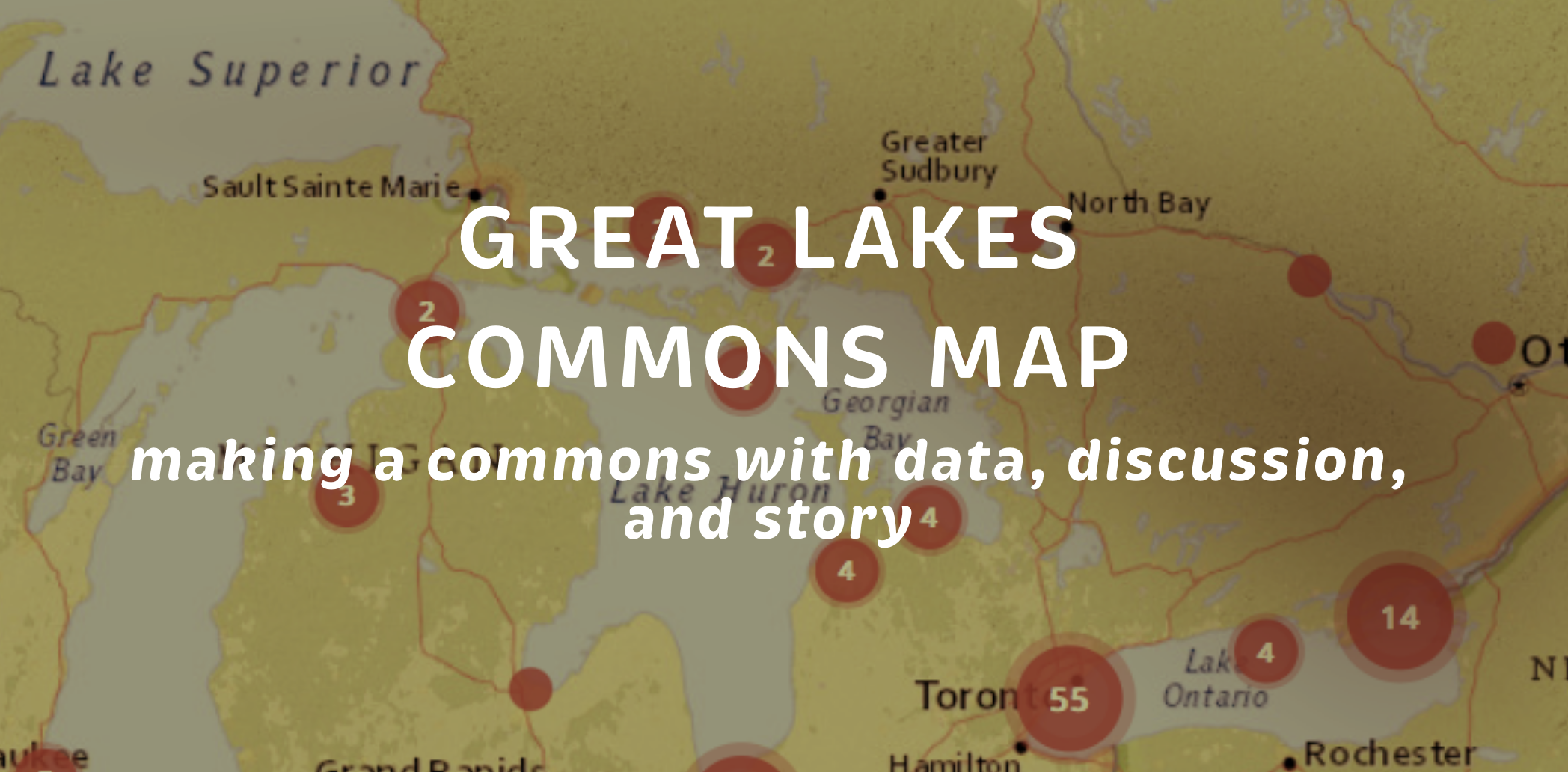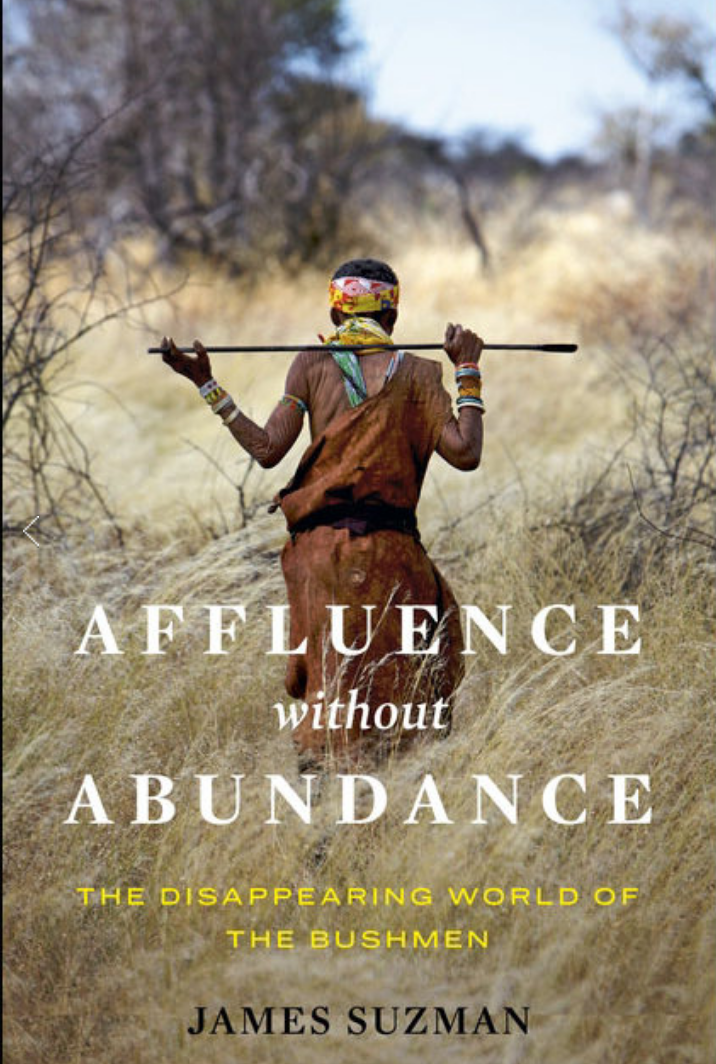Yuria Celidwen on Applying Indigenous Wisdom Traditions to Modern Challenges
I've always been fascinated by the striking affinities between commoners and Indigenous peoples, as well as their significant differences. Both are keenly aware of life as a deeply relational phenomenon -- one that Western capitalism, science, and market culture don't really understand. Both see commoning as a baseline for mindful living and presence, a process that can help transform the world in positive directions.
And yet, while Western and Indigenous commoners share many values and practices, native cultures have subtle traditions and understandings that go back centuries, often millennia. They've grappled with some very different and dire challenges, including generations of horrific settler colonialism, genocide, and other traumas. Not surprisingly, Indigenous cultures are determined to reconstruct their cultures and, with the help of moderns willing to listen, heal the Earth.
So while ancient and modern commoners may share a disdain for capitalism, ancient wisdom traditions bring much more gravitas and insight to the challenges we face than, say, politicians and political parties. That's certainly hopeful because personal transformation and cosmological narratives can be catalytic and lead to much-needed, broader transformation. There's a need for new bridges between Indigenous and Western ways of knowing. Humans will need to ground themselves in the Earth if they're going to learn how to arrest the planet's climate breakdown, and live more fully.

For all these reasons, I was excited to talk about these topics with Yuria Celidwen on my latest episode of my Frontiers of Commoning podcast (Episode #57). Celidwen is an Indigenous scholar whom I met two years ago at the Garrison Institute, a center for contemplative practice in the Hudson Valley in New York State that also seeks to spur transformative social action.




 Sometimes it takes anthropologists to ask the really deep questions and help us imagine another world. That became clear to me after listening to Dr. Harry Walker, an anthropologist at the London School of Economics, give the prestigious Malinowski Memorial Lecture in late May.
Sometimes it takes anthropologists to ask the really deep questions and help us imagine another world. That became clear to me after listening to Dr. Harry Walker, an anthropologist at the London School of Economics, give the prestigious Malinowski Memorial Lecture in late May.  And then…. the pluriversal realities of life came storming the citadel gates! Over the past fifteen or twenty years, the monoculture narrative of IP has been attacked by indigenous cultures, seed activists, healthcare experts, advocates for the poor, the academy, and especially users of digital technologies. It has become increasingly clear that the standard IP story, whatever its merits on a smaller scale, in competitive industries, is mostly a self-serving, protectionist weapon in the hands of Hollywood, record labels, book publishers, Big Pharma and other multinational IP industries.
And then…. the pluriversal realities of life came storming the citadel gates! Over the past fifteen or twenty years, the monoculture narrative of IP has been attacked by indigenous cultures, seed activists, healthcare experts, advocates for the poor, the academy, and especially users of digital technologies. It has become increasingly clear that the standard IP story, whatever its merits on a smaller scale, in competitive industries, is mostly a self-serving, protectionist weapon in the hands of Hollywood, record labels, book publishers, Big Pharma and other multinational IP industries. 









Recent comments